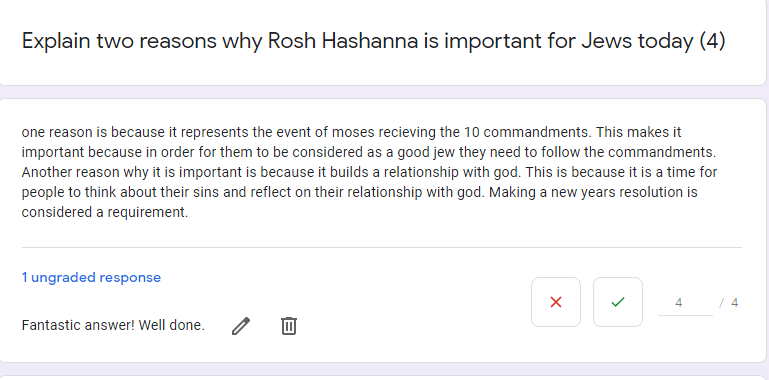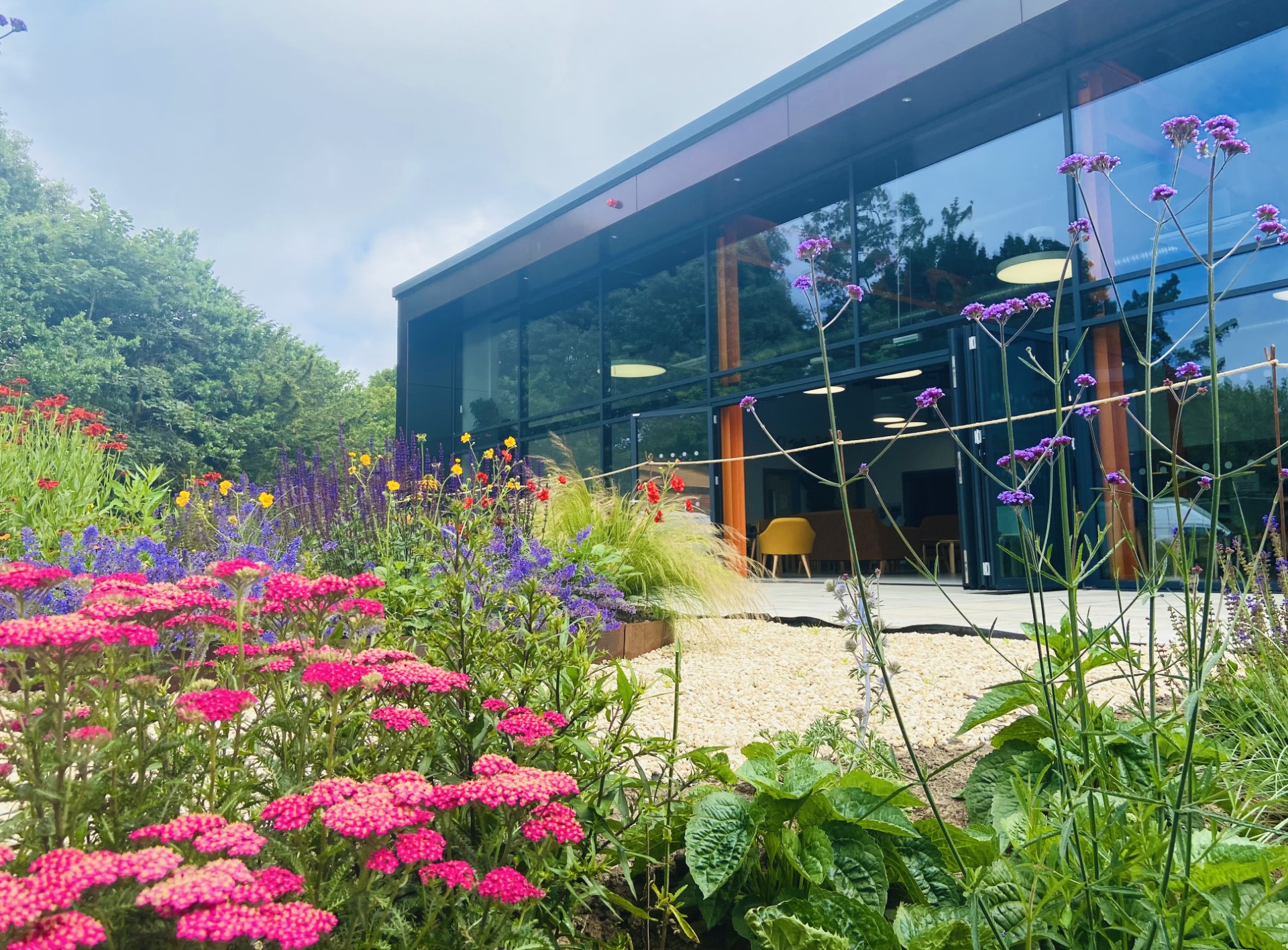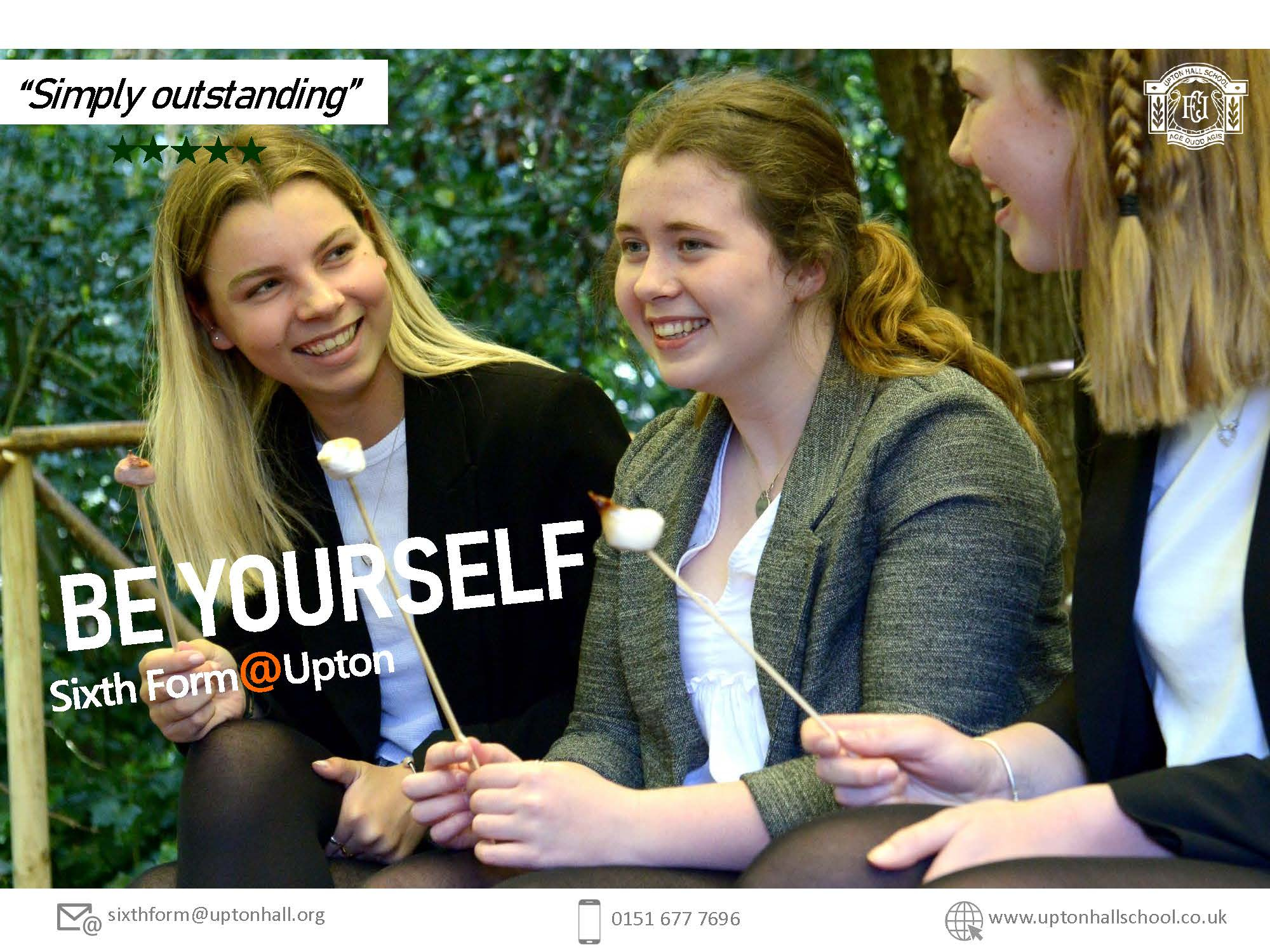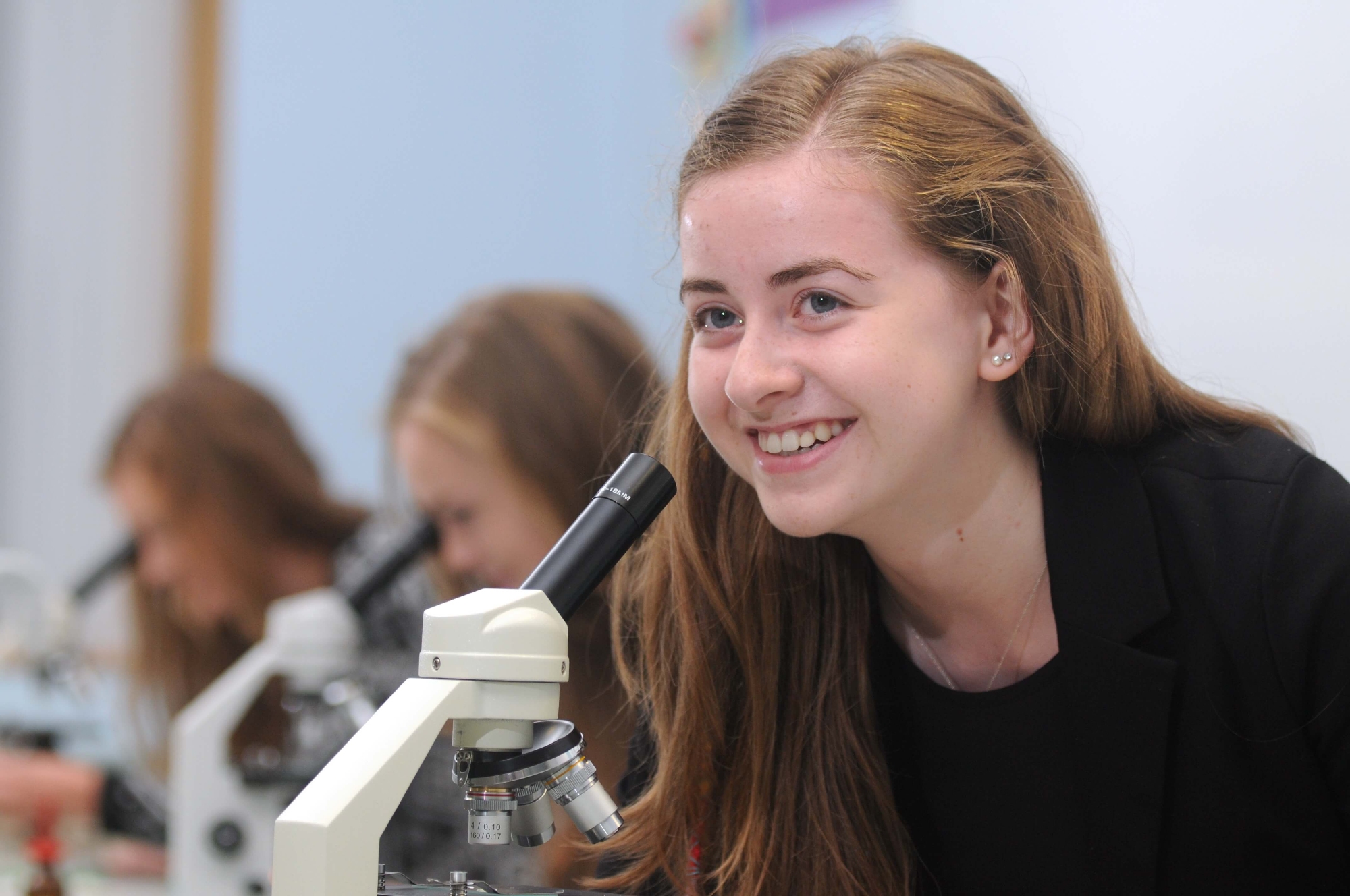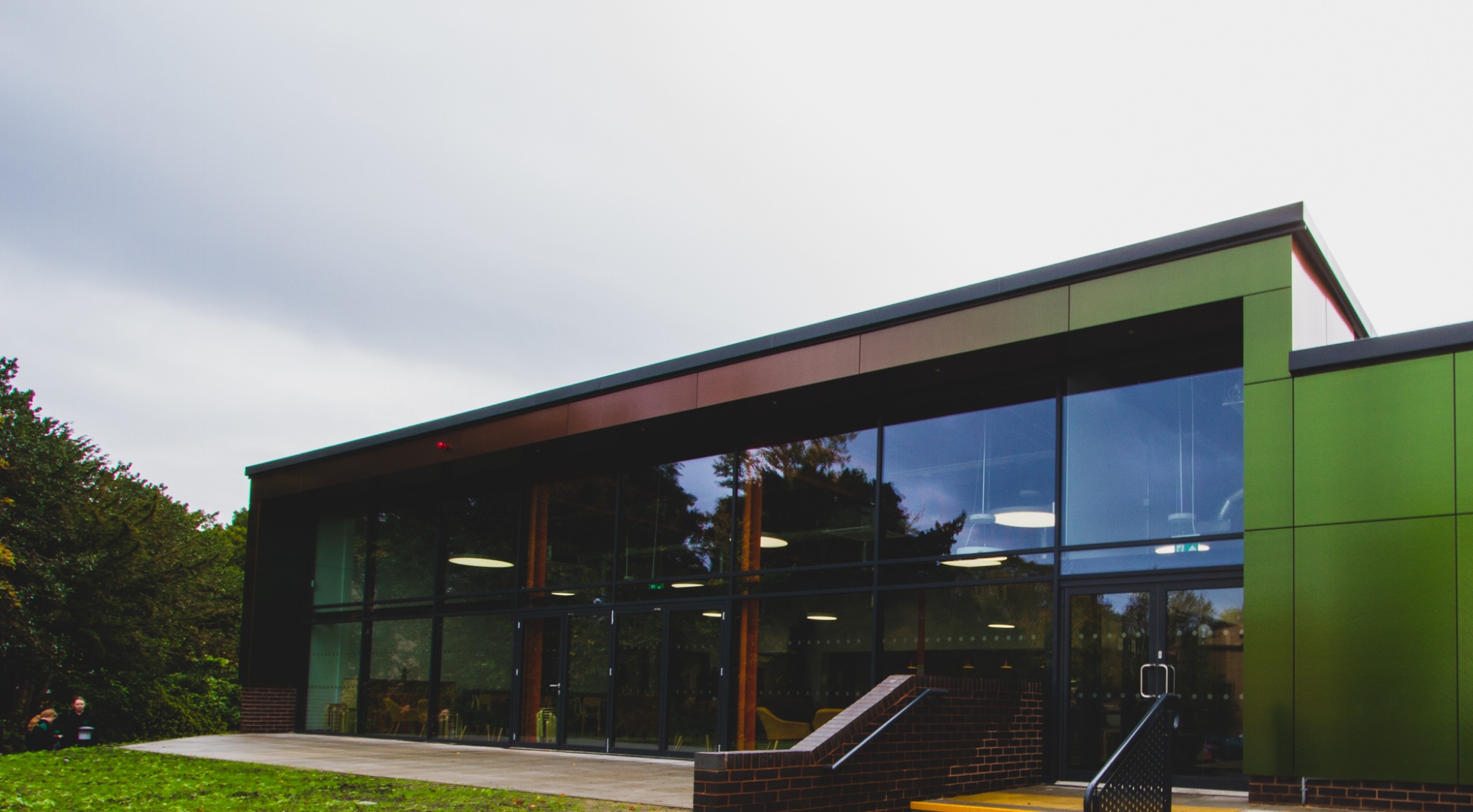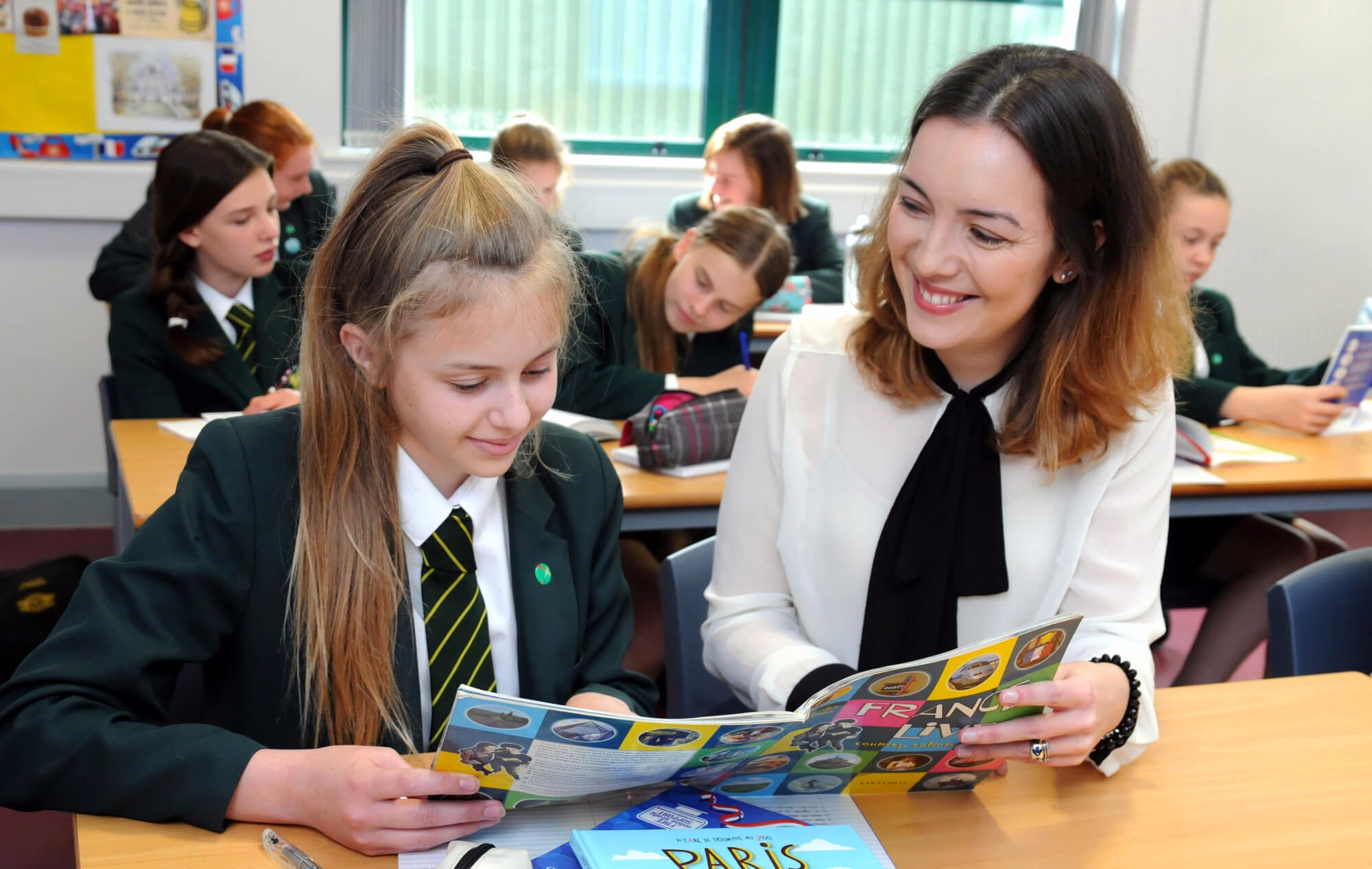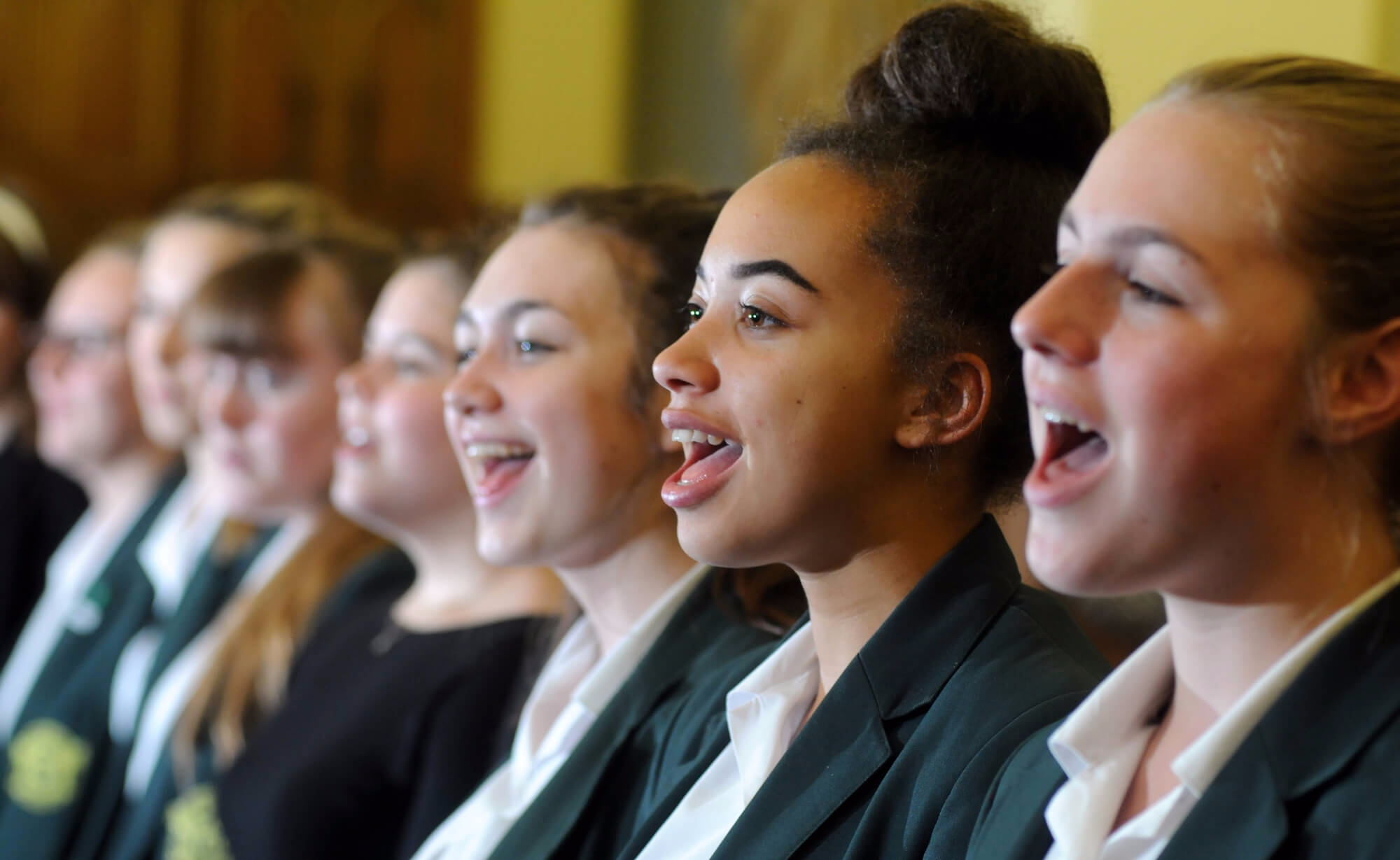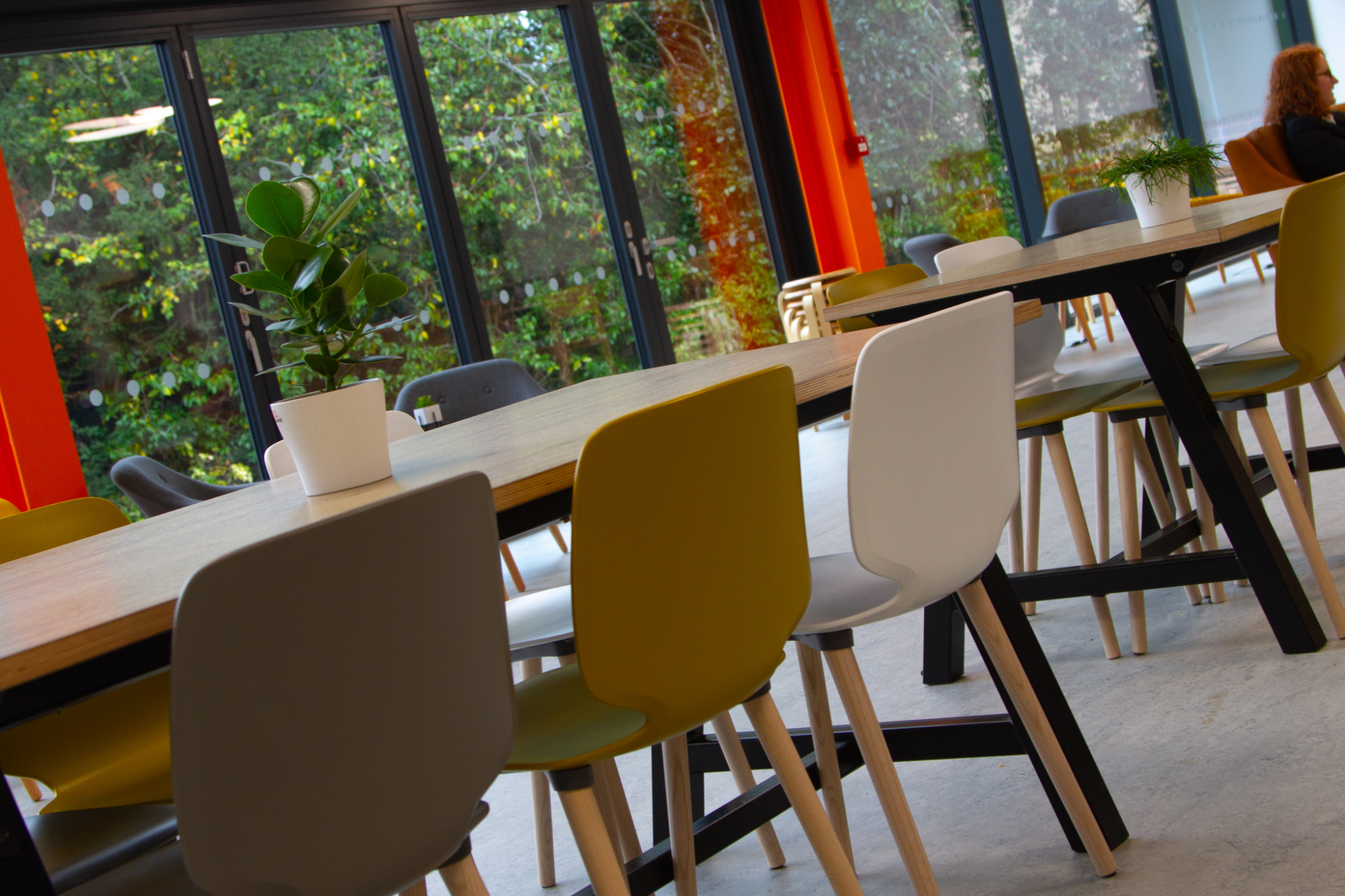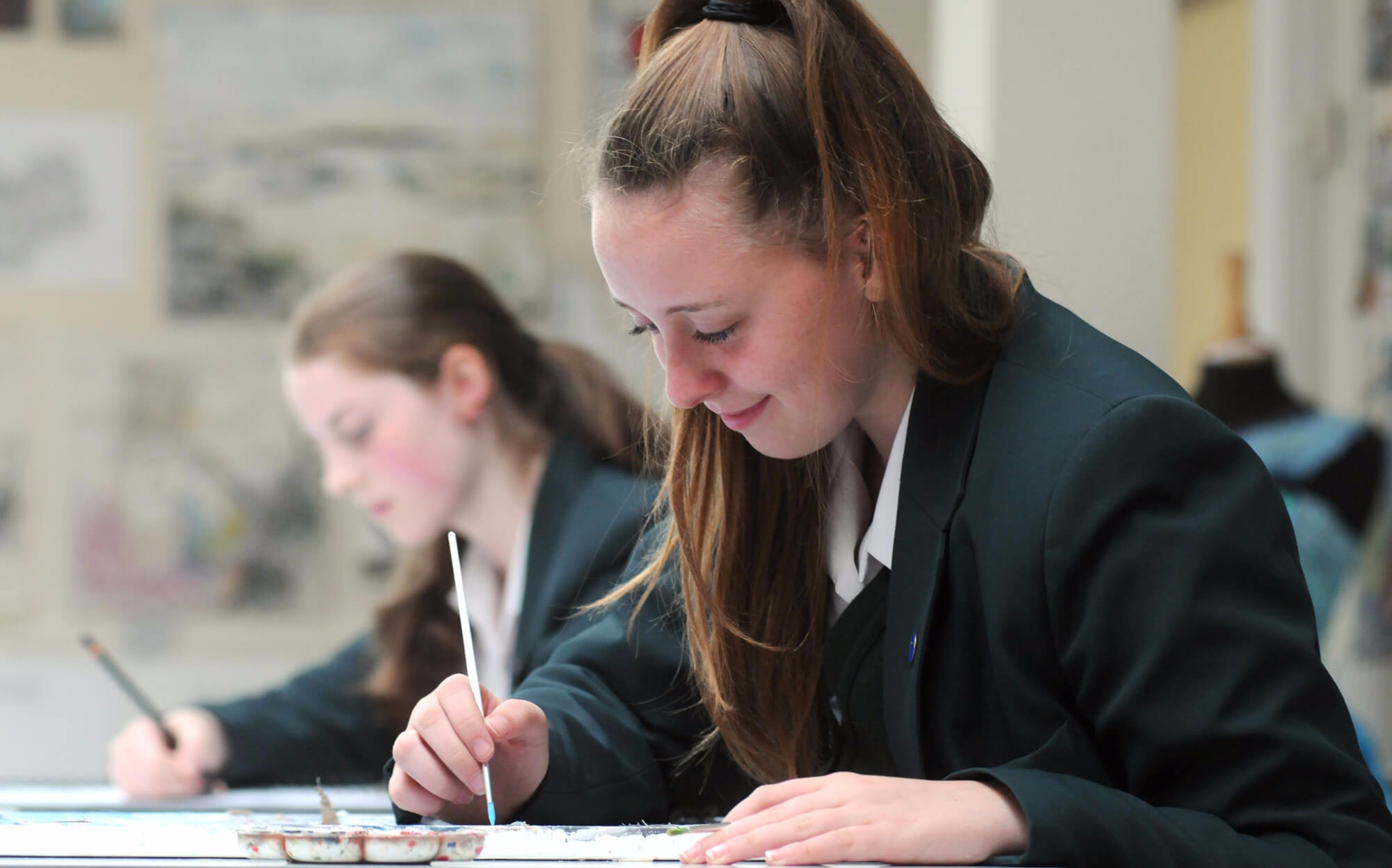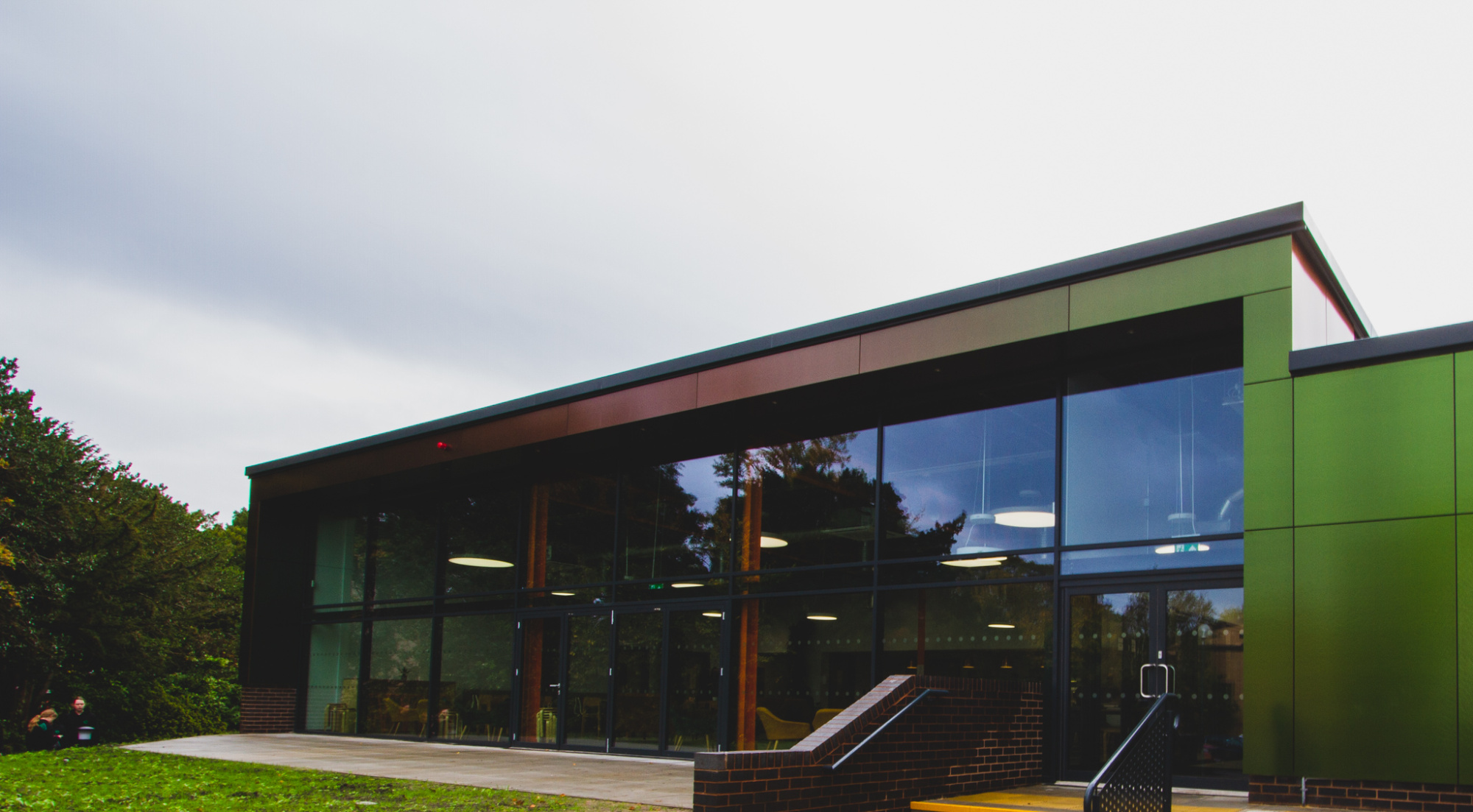Pedagogy: Year 11 Revision Support Group
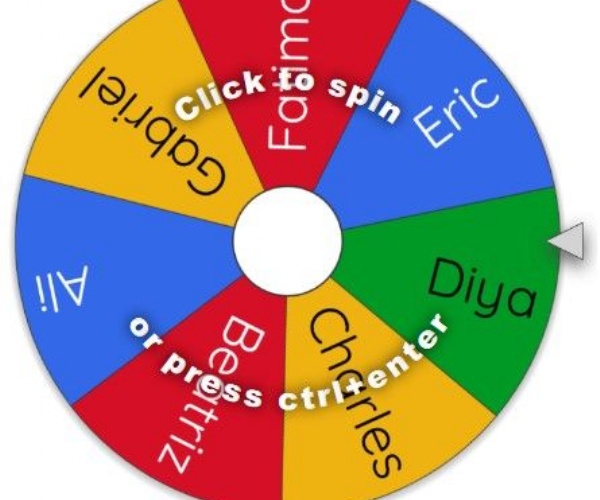
Read about one of our staff member's intervention programme for Year 11 Religious Studies.
Pedagogy: Year 11 Revision Support Group
Last academic year, I spent many hours after school and giving up lunchtimes to hold intervention sessions for year 11s who had underachieved in their RS GCSE Mock examinations in November. They would gather as a group of 20 with their note pads and pens at the ready to record, and in theory, absorb my wisdom of this subject. This was a time consuming process, which left me feeling drained, demotivated and living with the impending doom that all this extra work and exhaustion was not getting the pupils, nor me, anywhere. Whilst having these sessions may have benefited the pupils a little, through extra weekly discussion and copying down a few model answers, I was still left questioning whether this was the most effective use of my time and theirs.
This year I was determined to find a new approach to intervention. My aim was to create an intervention that was time efficient, effective and ensured the pupils were the ones doing all the hard work. I came up with a “Revision support plan”. This involved creating a revision timetable that broke down key topics from the exam specification into bite size chunks. I wanted my pupils to feel encouraged to revise and not be avoiding it due to the overwhelming amount of content the new GCSEs are requiring.
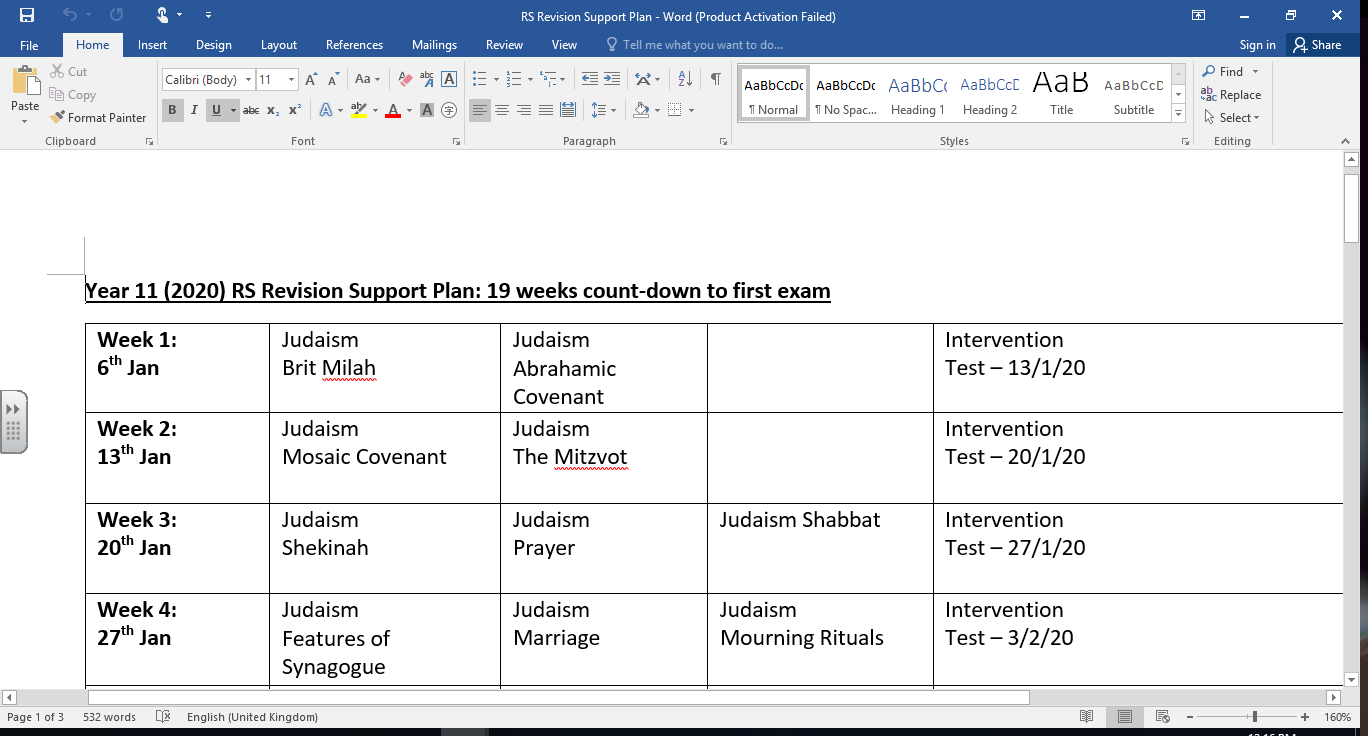
Pupils were given 2-3 topics per week to revise and at the end of each week they would attend a lunchtime session to complete a ten question subject knowledge test. They had 5 minutes to complete this on their own, before working with their partner for a further 5 minutes. I would then get out the wheel of names and one by one, they would give an answer to a question from my randomly selecting name generator. Surprisingly, this group of year 11s absolutely loved the wheel of names and you could see them all waiting in eager suspense for their name to appear on the board. When answers were given, pupils would either correct their own answers or cheer themselves on for getting it right. It brought a sense of community to this group of girls and one that was not overshadowed by the label “the intervention group” or “underachievers”. It certainly felt different for me as a teacher as well, no longer feeling daunted by the process or mentally drained, but hopeful and enthused that the girls were actually making progress, not by osmosis but by themselves and through their own hard work.
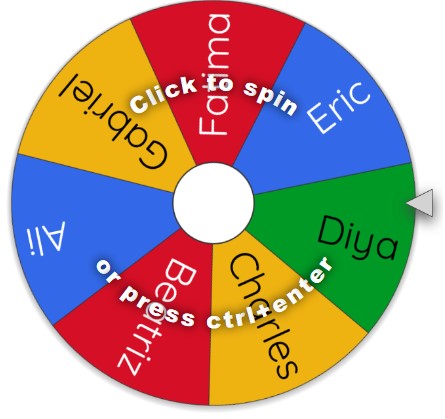
Once all the content had been covered for one of the three RS GCSE papers, I would provide pupils with a practice paper. They were asked to do this in their own time, at home or in school, under timed conditions and without using their class or revision notes. This involved a lot of trust that pupils would actually do this. In an attempt to encourage those who were thinking of pulling the wool over my eyes, I made sure that I often emphasised the benefit of this kind of revision. I would repeatedly share (ie. exaggerate) my knowledge and understanding of the infinite research in cognition and learning memory power to ensure that pupils trusted me and trusted the process of revision that I was advising.
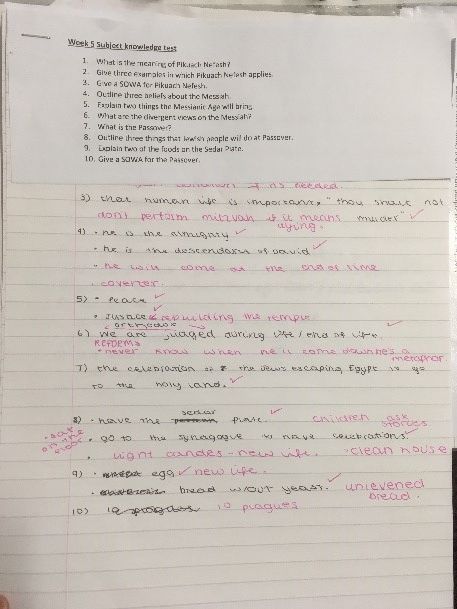
It is true that the best way for pupils to learn and remember is by frequent testing and correcting. The good old acronym that teachers love, FAIL – First Attempt Is Learning, is absolutely true. Pupils must struggle before they begin to thrive and feel like they are progressing. Trying to convincing a group of developing and low self-esteem adolescence that trying and failing is the best way they learn, is an extremely difficult task. One pupil said to me recently, “I would rather fail having not tried, than try really hard and still fail”. Failure for any human being is difficult to contemplate and thus my newly created “Revision Support Plan” I hope has encouraged pupils to realise not only how to revise or the importance of revision, but also has helped them to have resilience, self-belief and self-discipline. Time will tell in the 2020 summer results.
Examples of students work on google-classroom. I set exam style questions during half term and holidays to ensure that pupils kept up this routine of revision and practise.
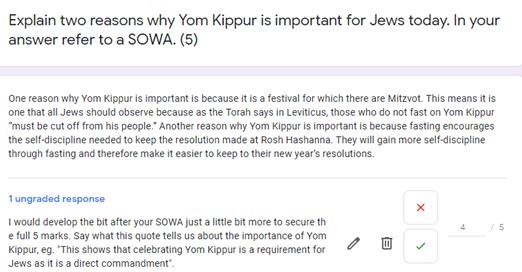
Individual responses can be marked and feedback returned to pupils. Pupils are also able to respond to feedback.
